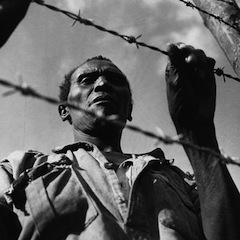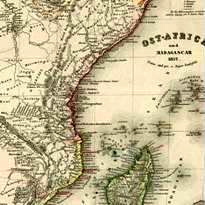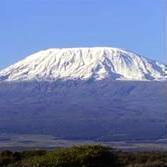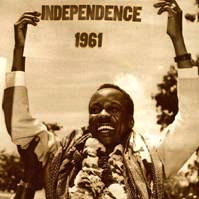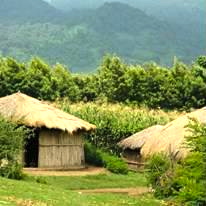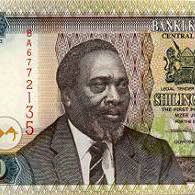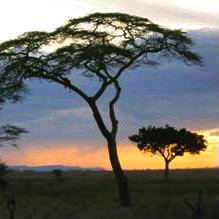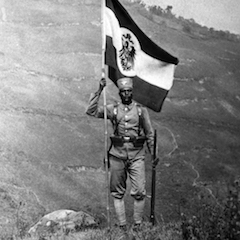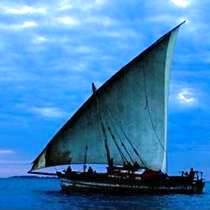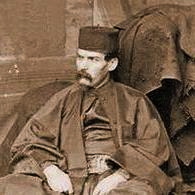| The essential point in dealing with Africans is to establish a respect for the European. Upon this—the prestige of the white man—depends his influence, often his very existence, in Africa. If he shows by his surroundings, by his assumption of superiority, that he is far above the native, he will be respected, and his influence will be proportionate to the superiority he assumes and bears out by his higher accomplishments and mode of life.
|
|
—Capt. F.D. Lugard (1893)
|
The African is conditioned, by cultural and social institutions
of centuries, to a freedom of which Europe has little conception,
and it is not in his nature to accept serfdom forever.
|
|
—Jomo Kenyatta (1938)
|
In Tanzania, it was more than one hundred tribal units which
lost their freedom; it was one nation that regained it.
|
|
—Julius Nyerere (1969)
|
THIS
COURSE is a required component of the 2016 Lewis & Clark East Africa program and is meant to complement your travels and experiences in Tanzania and Zanzibar. It offers a broad survey of the history of modern East Africa from the region’s precolonial societies, to the Arab-Muslim trade networks of the Indian Ocean and European exploration and conquest in the mid-nineteenth century, through the end of empire and the development of the present day nation-states of Kenya, Tanzania, and Uganda. Our central focus will be the effects of colonialism on the political, economic, and social development of East Africa during the colonial period and in the years since. The course readings, lectures, discussions and site visits will introduce us to narratives of exploration, conquest, settlement, collaboration, resistance, nation-building and globalization told from multiple points of view.
The course is designed to engage us on two levels. It is largely an empirical history of modern East Africa, yet in the process it forces us to address several compelling historical questions. How did East African societies, cultures and economies evolve in relation to their environment before the modern era? Why did Europeans expand into East Africa when they did and how did indigenous societies adapt to the new colonial economy and its political, social, and environmental consequences? What role did East Africa play in the European empires and in what ways did global economic and geopolitical forces shape the region? How did European, Arab and Indian settlement change the political and cultural composition of East Africa and what effect did colonialism have on how different African ethnic groups interacted with these newcomers and with each other? How did the nation-states of East Africa grow from European colonies whose boundaries were at times arbitrary and always permeable? Lastly, how did these political lines of demarcation correspond to—or, in some cases, disregard—distinct geographic areas of East Africa such as the Great Lakes region, the Rift Valley, the Eastern highlands, and the coastal zones and islands of the Indian Ocean. What effect does this have on East Africa today? We will keep these and other questions in mind as we examine the historical development of East Africa in the modern age.
Readings for this course combine historical scholarship with literature and original documents from different periods and perspectives. Students are encouraged to view all of these sources as historical texts and to consider broader questions about the nature of colonialism, the formation of identity, community, economic interdependence, migration, culture, race, tradition and modernity. The course readings, lectures, and group discussions should be leavened with your own observations of East African society and conversations with the many people you will encounter during the program. The critical study of the history of East Africa will enrich your experience of this region of the world and the people and cultures with whom you are becoming acquainted.
Our classes may also be supplemented with site visits and guest speakers, many of them arranged while the course is already underway. Consequently, the schedule of readings and classes is almost certain to change in mid-course as our itinerary is modified and we must remain flexible in this regard.
|



